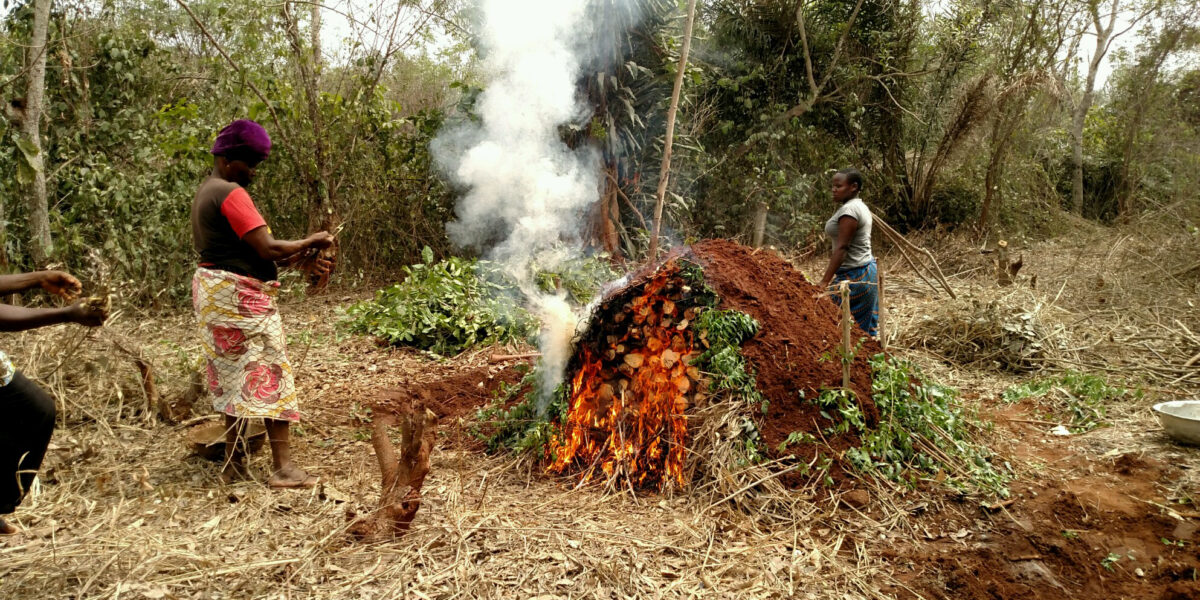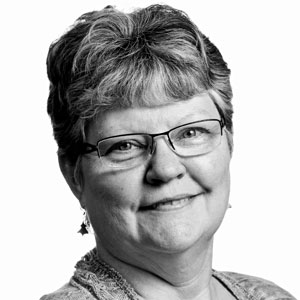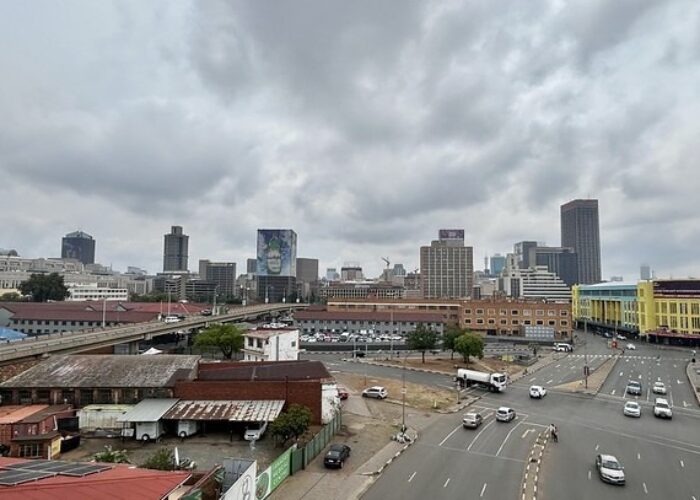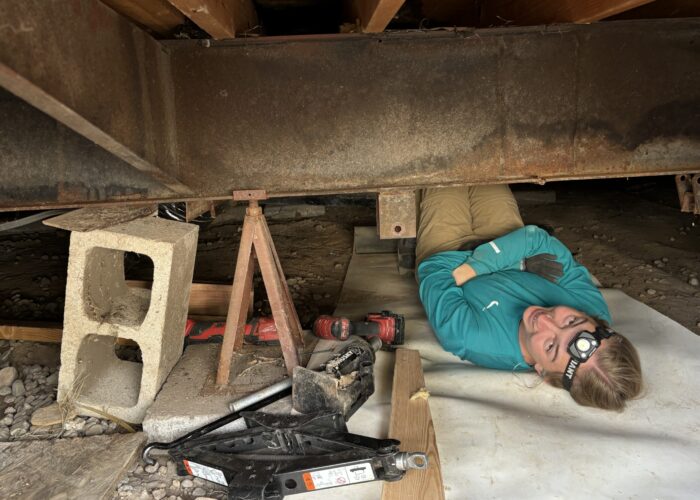Recently, I was blessed to be able to spend a couple of weeks on a “learning tour” to Benin, West Africa. The tour was organized by Waterford Mennonite Church (Goshen, Indiana), Benin Bible Institute, Africa Inter-Mennonite Mission, and Mennonite Mission Network, all part of a partnership for leadership development. The intent was to learn about the culture, the people, and lifestyles – and to somehow use that information to make myself a better person. (I’ll be working on that for a while.)
We visited several acres of land owned by one of Mennonite Mission Network’s partners, Benin Bible Institute, which is being developed into an integrated farm. The idea is that it will be an example to the surrounding villages, and offer ways that folks can make a living by using whatever they have available. Two young men and one caretaker currently are tending the property. The 32-year-old director has only been in this position for three months, but has already done significant work.
One way to provide immediate income is to clear the brush from areas that will be gardens, and then to burn that brush (along with chicken manure). We arrived just in time to see some village women begin the three-day burning process that will result in charcoal. The women get one-third of the charcoal sale as payment and the rest is income for the farm to benefit Benin Bible Institute. A win-win situation! They showed us raised garden plots with several vegetables. We tasted fresh bay leaves from their crop, as well as maringa seeds that have medicinal qualities. They use a drip hose watering system for the garden plots. They were very proud and hopeful that this model will be an agent of change for the surrounding villages.
Then we went into the very simple building they call home. Standing in a circle, our group of 13 took turns introducing ourselves. When one man in our group mentioned that he sells mattresses for a living, the director’s eyes lit up. “Oh! We need mattresses,” he said. “And I need one first!” Although they laughed and seemed to be joking around, it was clear to me that they would have welcomed a new mattress. I had already noted their sleeping mats about 4 x 5 feet, under mosquito nets. Other furnishings in the home included four wooden folding chairs. That was it. Nothing else.
But what does bettering the situation of two people do to community solidarity in a setting where the good of the entire group is valued above the comfort of the individual? Certainly, others were sleeping on floor mats and very glad to have them. By village standards, this was a very solid home. They had the essentials. What reaction might there be if two or three individuals were suddenly lavished with the gift of a mattress?
On our way back to our guest house (where we slept on mattresses), some of our group said, “Buy them mattresses now!” and quoted Scripture to confirm that this was the right way. And others said, “We need to approach this carefully – we need to ask permission.” The discussion that ensued was very helpful and enlightening for me. In the end, we did ask permission and donated money asking that it be used for mattresses. But we relinquished control and we may never be certain about the end result. If I can speak for the group, I think we would all agree that we have faith that our donation was used to glorify God. And that is enough.





